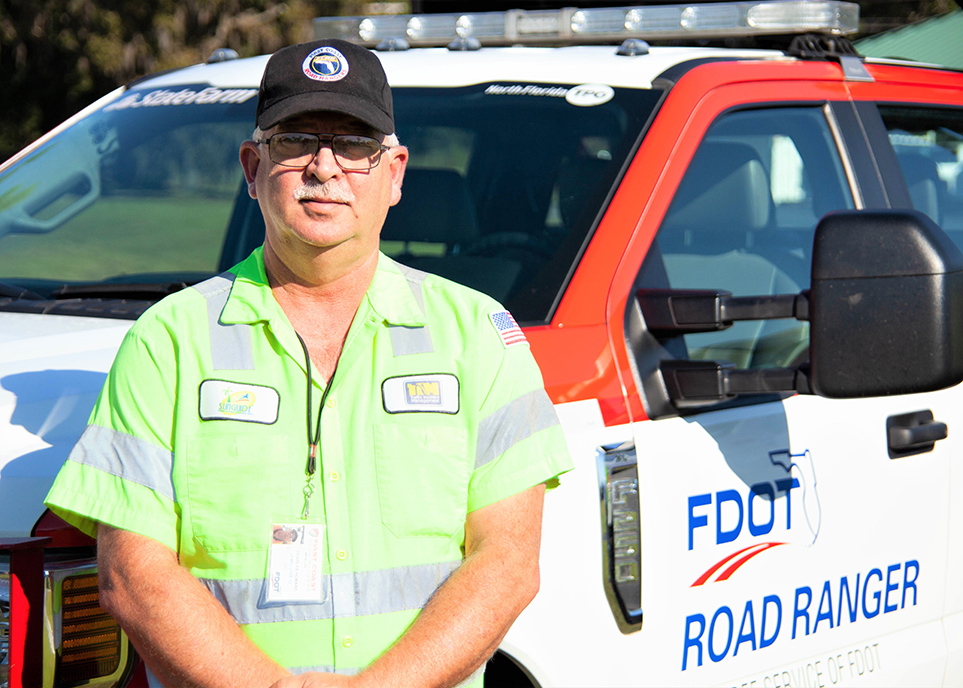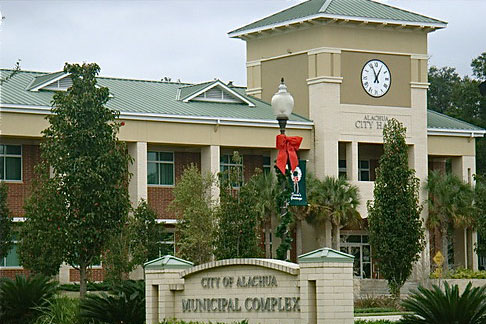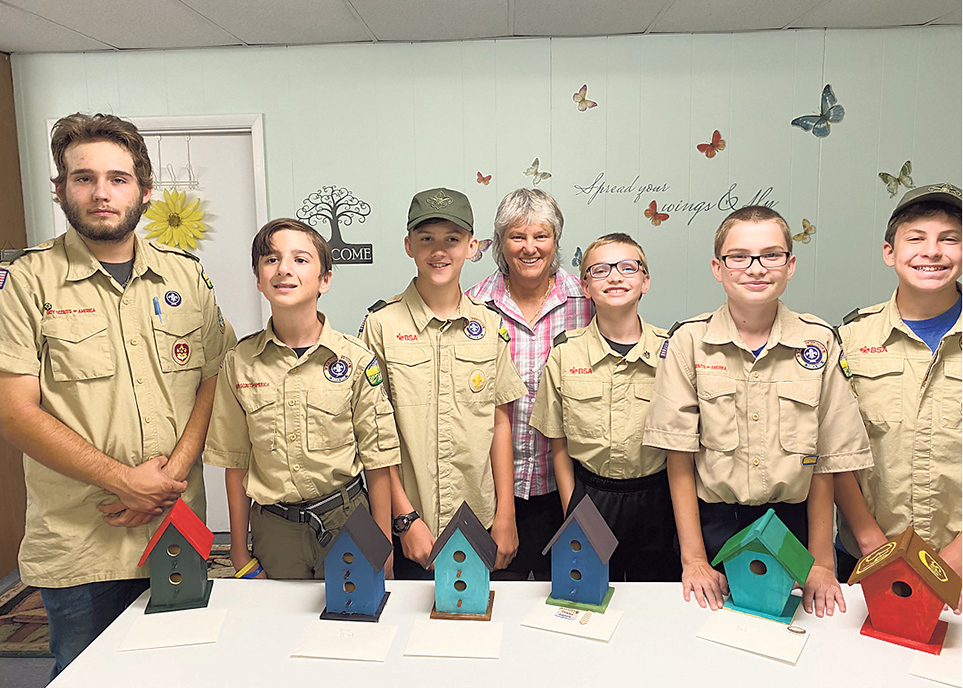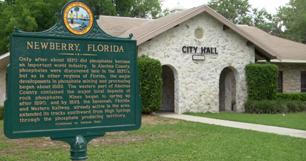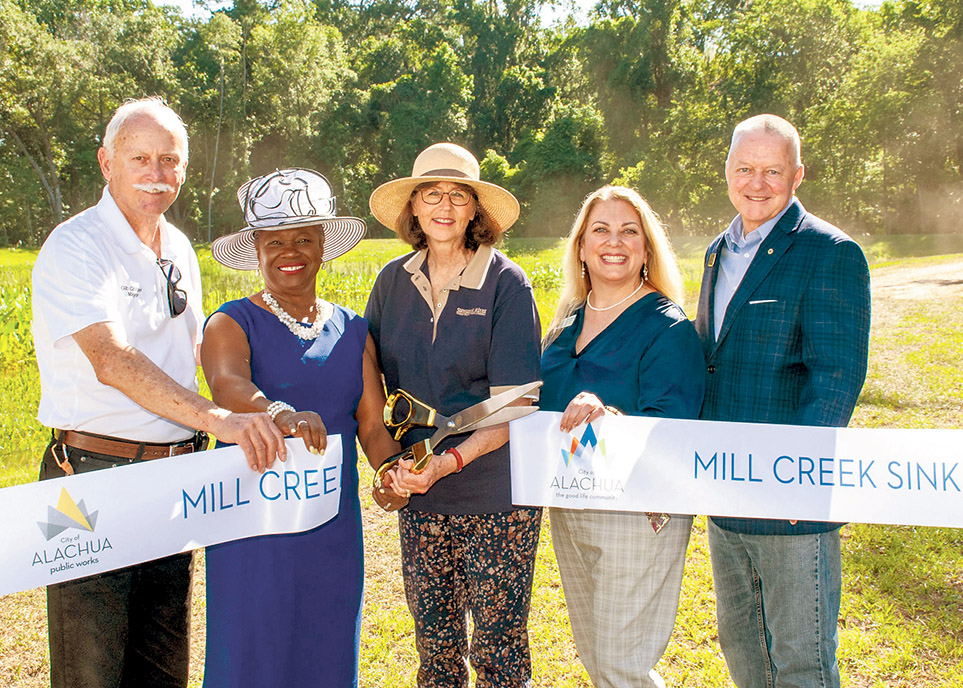ALACHUA ‒ Several groups came together on June 3 to host “Wear Orange” events in communities including Gainesville and Alachua to elevate gun violence prevention efforts in a nationwide campaign. The “Wear Orange” event originated in 2015 to honor Hadiya Pendleton who was shot and killed on her 18th birthday in Chicago.
At 3:30 p.m., Alachua residents gathered at Westside Church of God in Christ to march to Maude Lewis Park, with an escort from the Zion Soldierz RC motorcycle club, to honor four local victims of gun violence, including one who was killed in the park. Organizers say they want lawmakers to hear their message that voters want changes to gun laws to help curb the violence and needless deaths from gun violence.
After the Awareness Walk to the park, the event featured speakers, food, giveaways, live entertainment, and a number of vendors from supportive organizations offering local services and education. Most of the organizations present were focused on mental health, education and job services. Organizations represented were CDS Family and Behavioral Health Services, Mending Pathways Counseling, Meridian Health and Santa Fe College with an emphasis on offering alternatives to violence and crime.
More than 110 Americans are shot and killed every day, as well as the hundreds more who are wounded. In 2020, the most recent year for which complete data is available, 45,222 people died from gun-related injuries in the U.S., according to the CDC. Most of the deaths are from murder and suicide, but in a uniquely American trend, mass shootings (three or more victims) have grown exponentially in the past two decades. Mass shootings often occur in easy targets like schools, churches, concerts and supermarkets. In this year alone, mass shootings have killed 256 people and injured 1,010 just through the end of May.
While the mass shootings dominate the news for the senseless slaughter of multiple innocent victims, they are only part of the toll. Gun murders have climbed sharply in recent years. The 19,384-gun murders that took place in 2020 were the most since at least 1968, exceeding the previous peak of 18,253 recorded by the CDC in 1993. The 2020 total represented a 34 percent increase from the year before, a 49 percent increase over five years and a 75 percent increase over 10 years. The number of gun suicides has also risen in recent years – climbing 10 percent over five years and 25 percent over 10 years, and is near its highest point on record. The 24,292-gun suicides that took place in 2020 were the most in any year except 2018, when there were 24,432.
The problem is complex and has a number of reasons and factors contributing to the rapid rise in the past decade. Some of the rise can be tied to COVID-19 and its effect on stress and mental health as 2020 and 2021 were two of the deadliest years on record for gun violence. Another factor is the number of firearms and the ease of attaining them. There are about 393 million firearms in the United States with a large uptick in gun purchases during the pandemic as Americans bought 18.9 million guns in 2021, the second highest annual total on record.
The current patchwork of state laws makes it easy for individuals to traffic firearms from states with weaker gun laws. Many guns used in criminal activity are imported from states with looser gun laws, background checks, mental health evaluations, waiting periods or age restriction on purchase of semi-automatic weapons.
# # #
email rcarson@
alachuatoday.com
Add a comment

